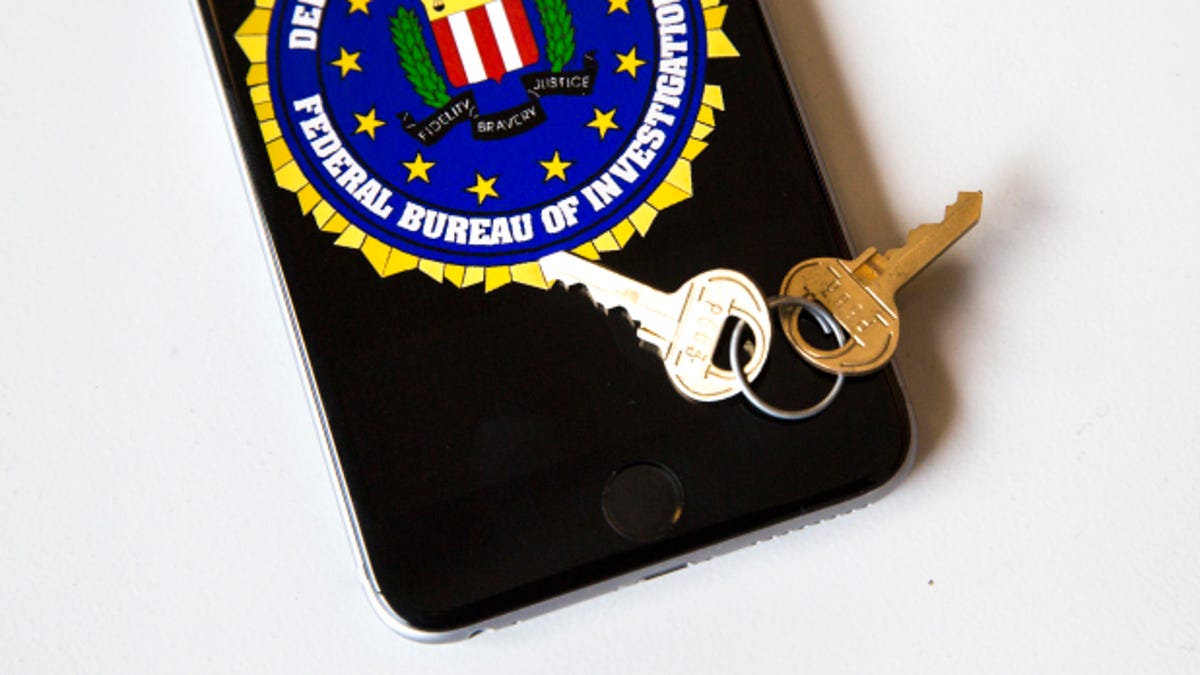FBI tricks criminal groups into using messaging app, makes 800 arrests
The bureau worked with Australian and European law enforcement to monitor plots to kill people and to sell drugs and guns. Then they swooped in.

The FBI worked with an international group of law enforcement agencies to get criminals onto an encrypted messaging app they controlled.
Global law enforcement agencies revealed Tuesday that they arrested more than 800 alleged criminals after convincing them to use an encrypted messaging app covertly run by the FBI. The bureau worked with Australian and European police to set up app company AN0M, got suspected criminals to use it and monitored their conversations.
The operation was known as Trojan Shield in the United States and Europe, and Special Operation Ironside in Australia. It exposed alleged criminals from South American drug cartels, Asian triad groups, and Middle Eastern and European criminal syndicates, as previously reported by the Washington Post.
It was conceived by the FBI and Australian police in 2018, "over a couple of beers," Australian Federal Police Commissioner Reece Kershaw told reporters.
The app AN0M was installed on over 12,000 phones that were stripped of other capability and distributed among hundreds of alleged criminal organizations. They became popular in these circles because increasing numbers of those people vouched for the app's integrity and used it to discuss their activities.
The FBI's San Diego Field Office was the HQ for the operation, with more than 100 agents and 80 linguists working across Trojan Shield. The operation began by taking down encrypted phone provider Phantom Secure in 2018, and then providing its own devices to alleged criminals that "generated a carbon copy of each message for the FBI to assess and analyze."
Law enforcement groups combed through more than 27 million messages -- which allegedly included contracts for killings, photos of cocaine hidden in shipments of fruit and robbery plots -- over 18 months.
"Encrypted devices have been and continue to be a safe haven for criminal organizations ... providing them a platform for their communications that we have not had access to," said FBI San Diego Assistant Special Agent in Charge Jamie Arnold. "This was a creative and innovative way for us to get behind that firewall and see what was happening among the leadership of these criminal organizations."



